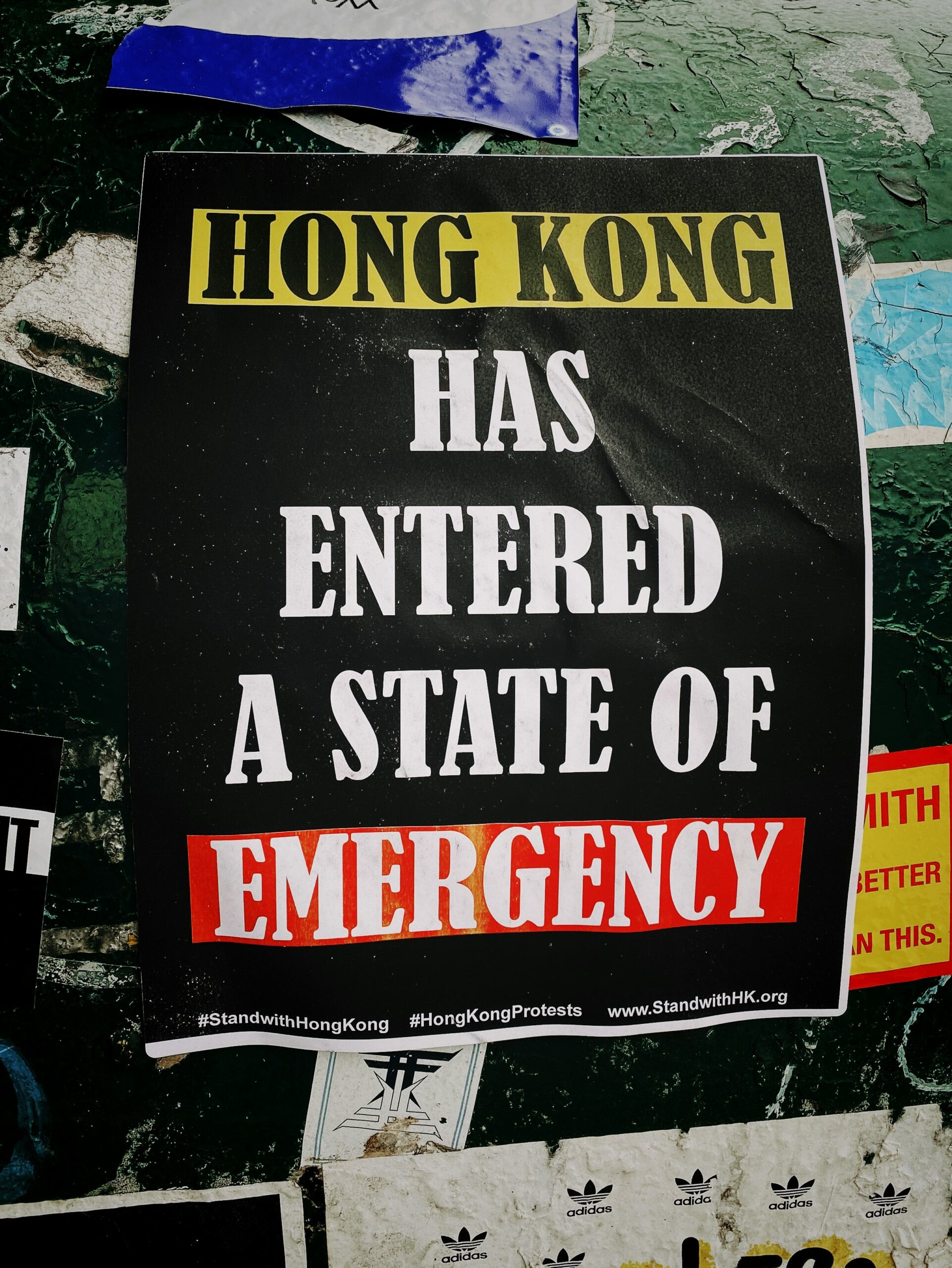
In a significant development, two high-profile Hong Kong pro-democracy figures, Tony Chung and Ted Hui, have been granted asylum by the governments of Britain and Australia, respectively. This move comes as a response to the ongoing suppression of dissent and erosion of civil liberties in Hong Kong following the implementation of a stringent national security law by Beijing in 2020.
Key Facts
- Tony Chung, a youth activist, has been granted asylum in Britain after his imprisonment under Hong Kong’s national security law.
- Ted Hui, a former lawmaker and pro-democracy advocate, has received asylum in Australia where he now works as a lawyer.
- Both activists faced severe repercussions for their roles in the 2019 anti-government protests in Hong Kong.
- The national security law under which they were charged imposes severe penalties, potentially leading to life imprisonment for charges such as secession and insurrection.
Background
The granting of asylum to Chung and Hui highlights the ongoing international concern over Hong Kong’s political climate. Since the enactment of the national security law, many activists have either been jailed or forced into exile. The law criminalizes a broad range of activities under the labels of secession, subversion, terrorism, and collusion with foreign forces.
Ted Hui’s dramatic escape from Hong Kong in December 2020 and subsequent asylum in Australia underscores the serious risks faced by pro-democracy activists in the city. Hui, known for his vocal opposition in the legislative council, highlighted his plight and the bittersweet nature of his asylum through a heartfelt post on Facebook.
Tony Chung’s journey to asylum was marked by a conviction for secession and money laundering, leading to a near four-year prison sentence. Fleeing to Britain, his recent grant of refugee status and a residency permit marks a new chapter in his life as an activist in exile.
Official Reactions
The reactions to the asylum grants have been polarized. While the Hong Kong government has condemned the actions of Britain and Australia, calling it a ‘harbouring of criminals,’ there has been no immediate response from the British and Australian governments regarding the status of the activists. This silence is indicative of the delicate nature of international relations concerning China’s policies in Hong Kong.
Hong Kong’s statement, which criticizes the asylum as ‘contempt for the rule of law’ and ‘barbaric interference’ in its affairs, reflects the heightened tensions between Hong Kong and countries offering refuge to its dissidents.
What’s Next
The asylum grants to Chung and Hui may set a precedent for other activists seeking refuge from Hong Kong’s restrictive political environment. However, the broader implications for international relations and the ongoing struggle for democracy in Hong Kong remain uncertain. The city’s future and the safety of its pro-democracy activists continue to hang in a precarious balance, with international scrutiny and support becoming increasingly crucial.


